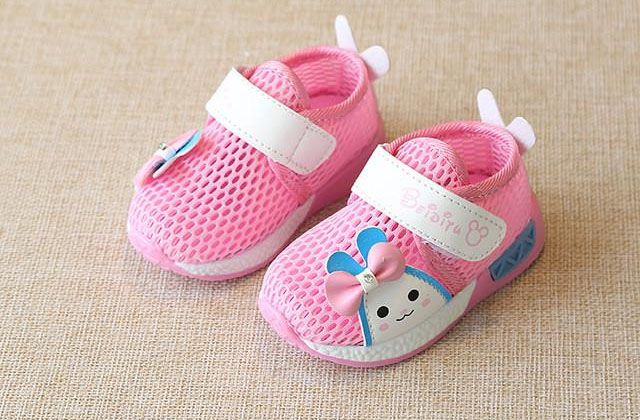Starting your baby on solid food is an exciting stage for every parent. But armed with the proper information, you’re much more likely to have a seamless experience. According to the American Academy of Pediatrics (AAP), it’s best to start feeding your baby solid foods between six and nine months (usually sooner than later). You’ll know your baby is ready for solid foods when these signs are present:
- Your baby can sit in an upright position.
- Your baby still feels hungry after drinking the right amount of breast milk or formula in a day.
- Your baby starts showing interest in food, especially when you are eating.
- Your baby tries to open their mouth when you offer food with a spoon.
Starting your baby on solid foods teaches them how to chew and swallow properly. However, it is still advisable to breastfeed until your infant turns one. For mothers who can’t or don’t want to breastfeed, you can use baby formula.
When your baby starts showing interest in eating, consider introducing a feeding routine. This will help them get adjusted to a pattern and feeding schedule. Here are five tips for you to follow about starting your baby on solids:
Start At The Right Time
It is best to wait until six months before introducing solid foods for your baby. In some cases, introducing it at an early age can be harmful. Starting solid foods at an early age for babies can cause choking because their gag reflex and digestive tract isn’t well developed. Before introducing solid foods you need to know that a baby’s solid foods must be rich in iron to reduce the risk of iron deficiency anemia.
Use Wholesome Foods
Starting with fruits or vegetables, most parents are used to offering babies cereal as a first food. Foods like sweet potato, avocado, banana are highly recommended choices.Babies should be allowed to play with their foods, which allows them to get used to the texture, appearance, and smell. The foods are new to your baby, so you have to make this interesting. You can try this by giving a small quantity to them to play with or let them use their hands to play with the food.
Dilute With Water or Milk
Make the food runny, you can dilute it with water or milk. The foods should be in a form that’s somewhere in between liquid and solid. This is to enable easy swallowing for the baby. As your baby gradually gets used to using a spoon, you can make it thicker. You can also consider making mashed foods or in soft chopped form, this depends on what your baby likes.
When you dilute your baby food with water, be sure to use purified water, preferably with a high-grade filter like the Whirlpool water softener. Get a high chair for sitting your baby and a plastic baby spoon so as not to damage the baby’s gums. You can always give your baby a spoon to play with while feeding.
Be Flexible With a Feeding Schedule
When you first start feeding your baby solid food, it may be a little bit difficult because you have to introduce new flavors and textures to the baby. Start slow and feed once per day. You can do this when your baby is well-rested.You should time the feeding well. It’s best to feed when your baby is happy and active. Feed them with little breast milk or formula, then the solid food can come in. Signs of hunger include:
- Shows excitement when food is being prepared.
- Opening their mouth for the food to come in quickly.
- Leaning towards you as you feed
Signs your baby is no longer hungry include:
- Turning of the head away from the food direction.
- Getting distracted while being fed.
- Pushing the spoon away.
- Closing their mouths from the spoon.
Don’t Stop Breastfeeding
Your baby still needs breast milk despite the solid foods. Breast milk or formula is very important for your baby because it contains important nutrients which are good for your baby’s health.
It is also recommended that you introduce potential allergens to a baby’s diet; this will help with the early detection of allergies. And in some cases, it even helps to prevent the development of allergies. Allergens that can be introduced are eggs, milk, fish, peanuts, etc.
These tips are all important to ease the process. Remember to stay calm and remain patient, the process may be tedious but with time it will get better.













